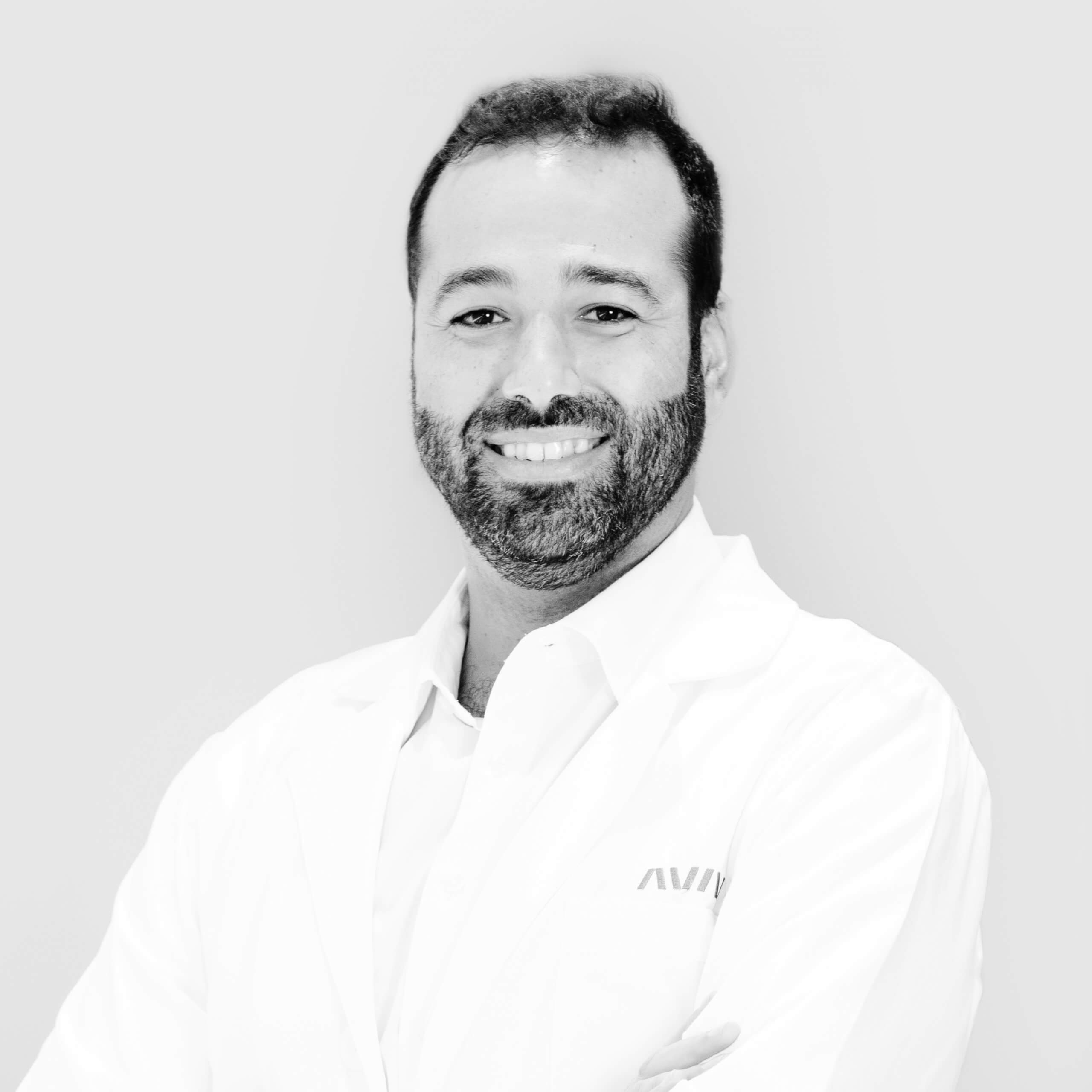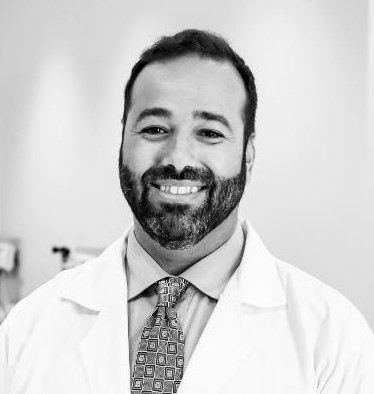
Could an anti-aging drug be coming to our medicine cabinets soon?
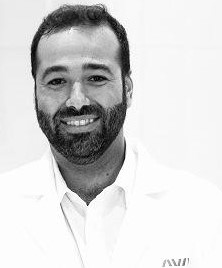

We’ve all seen advertisements for miraculous elixirs that promise to prolong our lives, and most of us dismiss them as snake oil. But for the first time ever, the U.S. Food and Drug Administration (FDA) has indicated it may be ready to endorse a longevity drug.
In December 2023, an anti-aging drug cleared the FDA’s first regulatory hurdle for conditional approval. While clinical trials still need to be conducted, this decision potentially represents a massive shift for the FDA. In the past, the organization has declined to consider longevity drugs because it views aging as an inevitable process, and not a disease that can be treated.
The potential new drug, known as LOY-001, targets insulin-like growth factor 1, a hormone that plays a major role in controlling aging. In lab animals, reducing levels of this hormone has extended healthy lifespan, while increasing it does just the opposite. This data led the FDA to agree that LOY-001 offers a reasonable expectation of effectiveness.
But don’t expect to get a prescription any time soon. As it turns out, LOY-001 is an anti-aging drug for dogs, not people.
Animal lovers will do just about anything to get more healthy years with their pets. However, this breakthrough could eventually pave the way for more healthy years with our human companions, too.
Treating Aging as a Disease
Medical researchers have made substantial progress in their quest to extend human life, even reversing key markers of the aging process in many species. Published clinical studies demonstrate that some existing drugs, like rapamycin, metformin, and resveratrol, may extend lifespan and reduce age-related diseases in mice and could potentially produce anti-aging effects in humans.
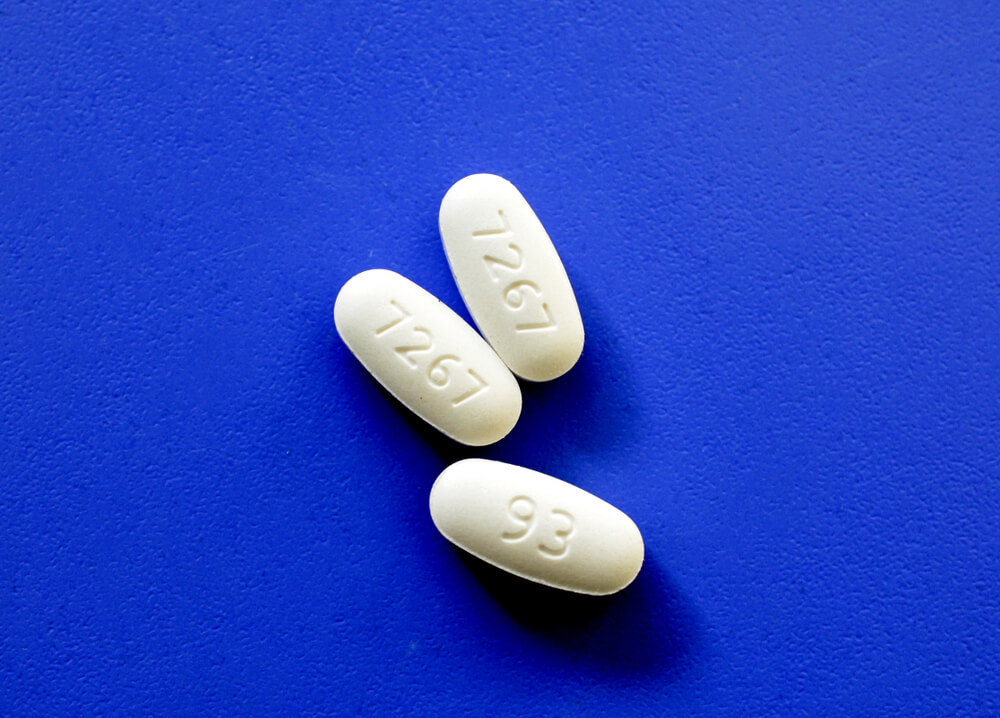
Potential Anti-Aging Drugs
Rapamycin
This immunosuppressant drug was approved by the FDA in 1999 for transplant patients because it can slow the immune system’s response to a new transplant. The medication can also be used to fight cancer and has been found to extend the life of laboratory animals. Research shows that rapamycin can inhibit some of the mechanisms of age-related conditions like obesity, diabetes, cancers, and Alzheimer’s disease, thus exhibiting some potential as an anti-aging drug.
However, rapamycin is still being tested in the human stage. Researchers have noted that it is a paradoxical drug, as it can both inhibit and help cause the same disease, including cancer, type 2 diabetes and Alzheimer’s disease. New studies are attempting to hone in on its long-term safety and anti-aging effects.
Metformin
“The most widely-prescribed drug in the world to treat Type 2 diabetes,” metformin has been used since the 1950s, although FDA approval did not occur until 1995. Studies show that this popular medication can have life extending and health improving qualities in yeast, worms, and mice. Moreover, because metformin has existed for decades, it costs only pennies a day.
Because Metformin also acts as an anti-inflammatory, many believe it can help mammals in the same way, combating cardiovascular disease, Alzheimer’s disease, and cancer. There is some thought that the medication can reduce many hallmarks of aging, cellular changes that occur as we age, and can lead to age-related diseases.
In clinical studies, diabetics taking metformin had better health and lower death rates than both diabetics and non-diabetics who were not taking the medication. Metformin is also the subject of a series of six-year clinical trials called TAME (Targeting Aging with Metformin), which will test the drug’s effectiveness in preventing or delaying dementia, heart disease and cancer.
Resveratrol
A natural antioxidant, Resveratrol is produced by plants as a protection device. Within our diet, Resveratrol is abundant in red wine and natural grape juice, and can also be found in peanuts, blueberries, and cranberries. In plant life, the substance protects flora from harmful conditions, including infections, extreme weather, and excessive ultraviolet light.
When used both externally and internally, resveratrol has benefits for the skin. can smooth out wrinkles, create moister skin with better elasticity, and decrease age spots. As a natural sunblock, the drug has been known to prevent skin cancer. Although studies are limited, the compound may protect us from obesity and diabetes, lessen our risk for blood clotting and reduce LDL cholesterol.
Although much of the Resveratrol in supplements cannot be absorbed in the body like it can in our diets, many people still take it and experience no harmful effects.
Note: Since supplements such as Resveratrol are not regulated by the FDA, you cannot be sure how much of the supplement you are ingesting. Further, while Metformin and Rapamycin are approved for some conditions, they are not approved for anti-aging effects, meaning that the optimal dosage is unknown. These potential treatments can also produce adverse side effects, so always consult your physician prior to taking any supplement or medication.
The Hurdles to Anti-Aging Drugs

Unfortunately, because the FDA has not officially recognized aging as a disease, these drugs are unlikely to receive approval for life-extension purposes any time soon.
One major hurdle would be cost. Clinical trials cost tens of millions of dollars, and pharmaceutical companies are unlikely to invest in testing a medication that is already in its generic phase, when potential profits are lean. A longevity trial would also, by definition, take many more years to conduct, as the endpoint of such a study would be death.
There are also potential ethical concerns that can pose challenges to approval. These include societal issues around social inequities and ageism, as well as concerns about longevity, overpopulation, and the potential economic burden of an aging population.
In response, aging researchers, or geroscientists, are also examining non-drug interventions for not only extending lifespan but also our healthspan, or the number of years we live in good health. These include senolytics, substances that target toxic and inflammatory compound-releasing senescent cells. These nonfunctioning “zombie” cells increase with age and drive a variety of chronic diseases, including frailty.
How to Slow Down Aging Naturally
Research reveals that there are several non-invasive, non-pharmaceutical interventions that can help slow down or even reverse the aging process in our bodies, brains, and cells. Some of these include:
Nutrition, Diet, and Longevity
Intermittent fasting, caloric restriction, and a Mediterranean-based diet can minimize the risk of age-related illness and even improve memory function.
Research shows that intermittent fasting can have significant health benefits. Thirteen hours calorie-free, for example, is connected to a 36% reduction in breast cancer recurrence, while 14-16 hours increased longevity in laboratory rodents upwards of 50 percent. The practice also reduces inflammation, a leading cause of diseases ranging from Alzheimer’s to diabetes.
Caloric restriction has also been shown to promote longevity. A 2023 study on humans, funded by the National Institute on Aging, found that those who cut their caloric intake slowed their aging and reduced the chance of dying early by up to 15 percent.
The Mediterranean-DASH Intervention for Neurodegenerative Delay (MIND) diet can potentially also postpone or prevent the onset of cognitive decline. This is a melding of the Mediterranean—focusing on a heart healthy diet—and DASH, which aims to fight hypertension and high blood pressure. Together, they target brain health, decreasing the chance of contracting diseases like dementia.

Exercise and Longevity
Physical exercise can counter the buildup of non-functional aging cells in our bodies. Regular exercise has been found to reduce the signs of senescent cells and reduce their symptoms, ranging from bone and muscle weakness to cognitive decline and frailty.
Regular exercise can delay the effects of both physical and cognitive aging. When you exercise, blood—and with it more oxygen—is pumped into your brain tissues, helping the brain create molecules that can improve memory. In fact, exercise can reduce dementia risk by roughly 28 percent and Alzheimer’s disease risk by 45 percent.

Hyperbaric Oxygen Therapy and Longevity
Clinical trials indicate that a unique protocol of hyperbaric oxygen therapy (HBOT) can reverse some of the key biomarkers of aging. The Aviv Medical Program can incorporate this same evidence-based HBOT protocol alongside a variety of therapies, including nutrition coaching and cognitive and physical training, to reverse aging biomarkers and improve healthspan.
The key is the ability of this treatment to target and reverse aging at the basic cellular-biological level.
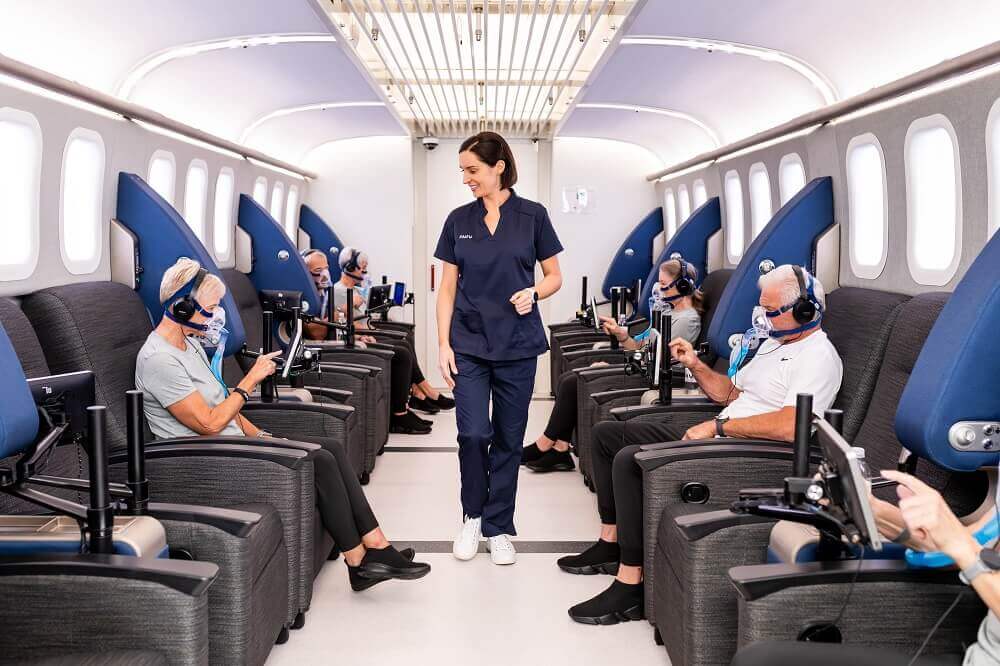
Meet the Scientists Who Are Reversing Biological Aging
Who are the geroscientists working to reverse the biology of aging?
In 2022, Aviv Clinics brought together some of the greatest minds in the field of aging, collectively known as the Global Aging Consortium. These scientists and researchers are each committed to discovering how the aging process can be modulated or delayed. The Global Aging Consortium presents its research annually at Aviv Clinics’ Longevity Summit.
The Global Aging Consortium
- Michael Roizen is a physician and best-selling author of four New York Times #1 Bestsellers, including “The Great Age Reboot.” Dr. Roizen is Chief Wellness Officer Emeritus at the Cleveland Clinic and developed the well-known RealAge Test, which measures biological age.
- Nir Barzilai is a professor of medicine and genetics who discovered the first longevity gene in humans. Dr. Barzilai is Founding Director of the Institute for Aging Research at the Albert Einstein College of Medicine. His research includes the TAME trial.
- Eric Verdin investigates the role of nutrition, inflammation, and the immune system in aging and holds more than 18 patents. Dr. Verdin is President and CEO of the Buck Institute for Research on Aging and a professor of gerontology at the University of Southern California.
- Joseph Maroon is a neurosurgeon, best-selling author, and super-ager who has completed triathlons well into his 80s. Dr. Maroon is Vice Chairman of the Department of Neurological Surgery at the University of Pittsburgh Medical Center and Senior Vice President of the American Academy of Anti-Aging Medicine.
- Shai Efrati developed a groundbreaking hyperbaric oxygen protocol that has been shown to reverse cellular markers of aging in older adults. Dr. Efrati chairs the Aviv Medical Advisory Board and is Director of the Sagol Center for Hyperbaric Medicine and Research at Shamir Medical Center, the largest hyperbaric research and treatment facility in the world.
- Amir Hadanny has worked alongside Dr. Efrati for more than a decade, researching neurorehabilitation, neuroplasticity, and physiology, and publishing more than 70 peer-reviewed articles. Dr. Hadanny is Aviv’s Chief Medical Officer and Head of Research.
To discover more about the transformative potential of innovative aging science and solutions for promoting human longevity and livelihood, we invite you to view the full 2024 Global Aging Consortium (GAC) Longevity Summit.
Extending our Healthy Lifespan

While an FDA-approved anti-aging drug for humans may be decades away, other exciting breakthroughs are occurring every day. At Aviv Clinics, we approach aging as a treatable condition. Backed by nearly two decades of research, the Aviv Medical Program uses evidence-based interventions, which can include hyperbaric oxygen therapy, to reverse biological signs of aging. Contact us to learn if the Aviv Medical Program can help you achieve your aging goals.
